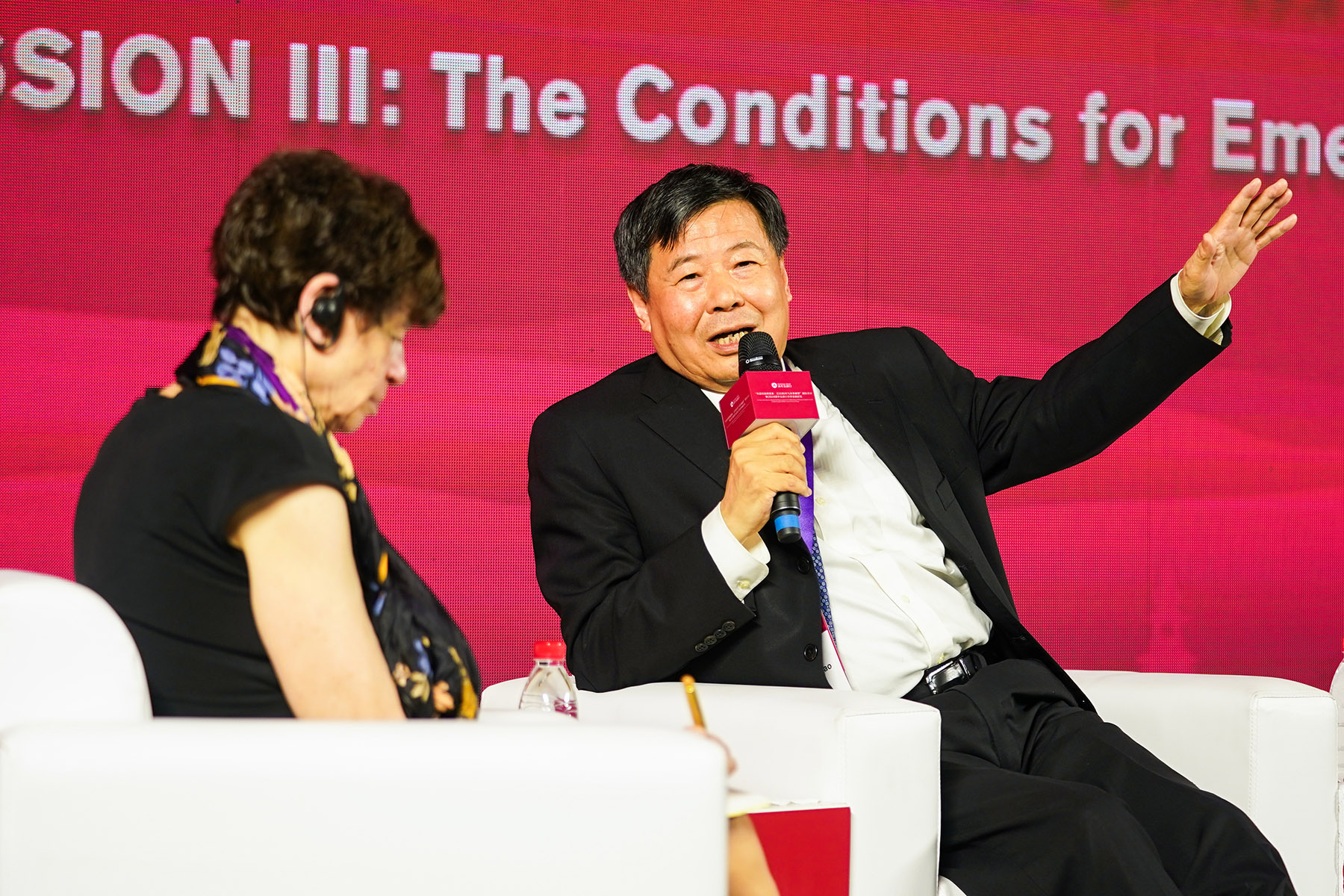False logic might jeopardize the global green transition, insiders contend

The false narratives about China's "overcapacity" disregard fact and economic principles and could jeopardize the global green transition, experts said.
China should set up a modern, green economy equivalent to the post-World War II Marshall Plan, they said, helping other developing countries in their green transformation and thereby injecting more positive factors into the global economic order.
READ MORE: Forum stresses ties among economies
They made the remarks at the two-day 2024 Tsinghua PBCSF Global Finance Forum that concluded on Tuesday in Hangzhou, Zhejiang province.
The comments came after the United States recently encouraged its Group of Seven (G-7) allies to revive discussions about China's "overcapacity" in a communique following a meeting of their finance ministers and central bank governors.
According to the "overcapacity "rhetoric, China has exported many new energy products at low prices, hurting other economies.
Washington has substantially raised import tariffs on a host of Chinese goods worth around $18 billion across sectors including electric vehicles and solar cells.
Zhu Guangyao, a former vice-minister of finance, said that "the largest industry subsidies in the world are being handed out in the US and the country has no right to criticize other nations on the issue".
The US CHIPS and Science Act and the Inflation Reduction Act have provided huge subsidies for chip enterprises and new industries, such as electric vehicle makers, to promote the return of advanced manufacturing to the United States, he said.
More than $52 billion out of the $280 billion provided by the US CHIPS and Science Act are to be used to subsidize chip enterprises building factories in the US. And, out of the $740 billion provided by the Inflation Reduction Act, $430 billion will go toward subsidizing new industries, such as electric vehicle makers, with subsidies for each electric vehicle reaching up to $7,500.
Zhu pointed out that, with the implementation of such a huge economic stimulus, the US debt had risen sharply to $34.6 trillion and is expected to exceed $35 trillion before the end of June.
The annual interest expenditure on US debt has now exceeded the nation's annual military expenditure, he stressed.
As China's exports of its "new trio", or electric vehicles, lithium batteries and photovoltaic products, are currently facing increased protectionism in developed markets, Huang Yiping, dean of Peking University's National School of Development, suggested that expanding exports of the new trio products to developing countries will help meet their urgent demand for green transition and spur economic development.
"We can consider initiating a 'Global Southern Green Development Plan', providing commercial and policy instruments and even foreign aid to other developing countries, so as to help them realize their green transition, especially the transition toward new energy," Huang said.
These countries often face significant challenges in achieving their green transformation goals due to a lack of technology, funds and access to quality products. By providing them with the necessary support, China can not only help them achieve their low-carbon growth targets but also create new markets for its own products, he said.
ALSO READ: Solar exec debunks 'overcapacity' claims
"It is like a Chinese version of the Marshall Plan for the green economy," Huang said, adding that by implementing such a strategy, China can also avoid an excessive trade surplus that may bring about complexities in trade relations and imbalances in the domestic economy.
Zhu, the former vice-minister of finance, also said that the world must return to the principles of multilateralism and strengthen international coordination of macroeconomic policies, considering the spillover effect from US monetary policies.
Meanwhile, it is also important to strengthen regional economic cooperation and policy coordination, and the Association of Southeast Asian Nations plus China, Japan, South Korea (10+3) economic and financial cooperation mechanism under such circumstances is of great significance, he added.


